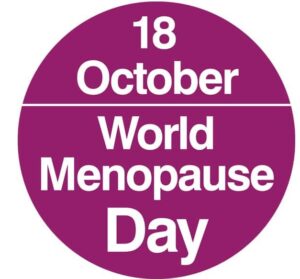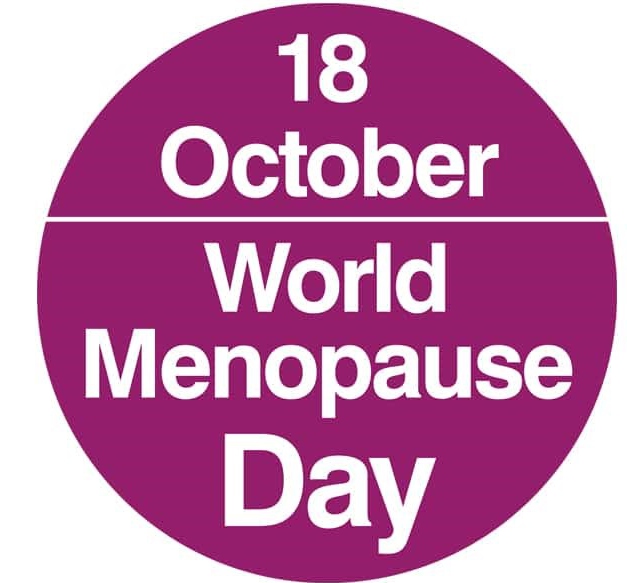A year ago, I wrote a blog about how businesses can support menopausal employees at work. In that blog, I discussed the importance of the topic of menopause in the workplace when it comes to preventing the loss of valuable talent. The experience of bothersome symptoms and the negative stereotypes associated with menopause can stall women’s careers or can drive them out of the workforce. In a similar manner, menopause affects non-binary and transgender people at work. The taboo around menopause can stop employees who are going through this transition from seeking or receiving the support they need.

The key messages from last year’s blog were around the value of open conversations, information and flexible work arrangements. Although these aspects are still relevant today, we are in a slightly better position. There has been a growth in awareness of how much menopause can impact working lives, as well as an increase in more menopause-focused workplace polices and actions. Despite these positive developments, my research suggests there has been little change to how we frame and talk about menopause.
Menopause may be accompanied by troublesome, and even debilitating symptoms. But if, by raising awareness, we reduce menopause conversations to a biomedical issue around hormonal deficiency, dysfunction, or decline, we unintentionally perpetuate negative attitudes towards menopause. In other words, by talking predominantly about medical aspects and negative experiences, we crystalize the idea that menopause is undesirable and something to be avoided. Consequently, these negative meanings associated with menopause contribute to maintaining secrecy and taboo around the topic.
It is important to note that I am not advocating against the increased attention given to the subject of menopause. Instead, it is critical that we find a better balance in how much we discuss positive and not so positive aspects of this transition. Menopause is not the same for all women, instead it is an individualised experience. Evidence suggests that many women have positive experiences associated with menopause. In my own research, many interviewees reported finding their voices, their purpose, or their true calling during their menopause transition.
Research also indicates that experiences of menopause are culturally bound. Thus, how we attach meaning to menopause has implications for how we experience it. This means that menopause is more than a biological transition; it marks the transition from one, to another stage of life (even when early). As we discuss hot flushes or brain fog, we sometimes overlook positive stories and meanings that would contribute to build a more balanced picture of menopause. Without balance, it is unlikely we will shift the taboo that drives us to see menopause as something to avoid.
When we balance our discourse around menopause, we balance our attitudes and the meanings we attach to it. A balanced discourse diminishes the stigma and taboo that marginalises and silences women. It allows menopause to be embraced, with all its gains and losses, insights and discomforts. Therefore, my message for this World Menopause Day is for all of us to make sure we share a positive menopause story.
Dr Tatiana S. Rowson is a Lecturer in Coaching and a member of the Centre for Euro-Asian Studies and the Centre for Business Ethics and Sustainability at Henley Business School.

